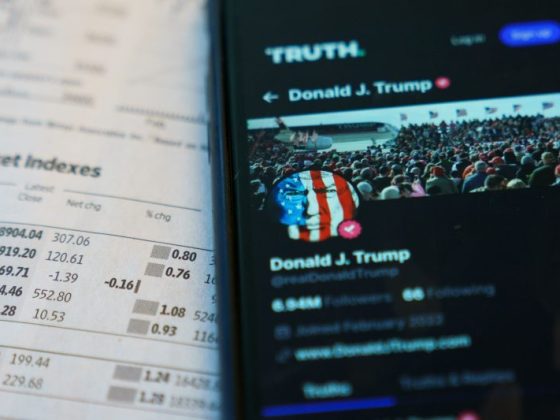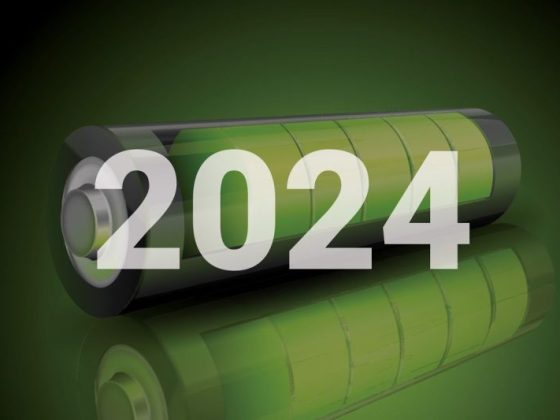Escalating tensions with Iran have recently been garnering the attention of global media, which is particularly interesting in terms of international relations, specifically with China. It is important to highlight the significant politico-economic ties between China and Iran, to say nothing of the geopolitical implications that these relations are associated with. Any move by the Biden administration towards Iran is likely to be watched with keen interests by Beijing, and potential repercussions on Sino-American relations should not be underestimated.
The potent ties between Iran and China constitute a significant chunk of the international scenario today. The 25-year comprehensive cooperation that was formalized in 2021 indeed marked a strategic alliance between the two nations. It resulted in a massive impetus to Iran’s economy, particularly through the thick network of infrastructural projects fostered by the Belt and Road Initiative of the Chinese government. Be it energy, transportation, or manufacturing, the Chinese footprint in Iran is widespread and considerable. Retaliatory actions from the US might disrupt the stability and cause a potential rift.
Furthermore, Biden’s aggressive approach to Iran can also revive the age-old notion of the ‘clash of spheres of influence.’ Politically, Iran can be seen as a crucial link in China’s chain of geostrategic interests. If Washington hampers Tehran’s interests, it will take a toll on Beijing’s regional plans directly or indirectly, feeding into the long-term tussle of the superpowers visibly intensifying.
In the realm of the nuclear deal, better known as the Joint Comprehensive Plan of Action (JCPOA), the relationship between the US, Iran, and China becomes even more complex. The JCPOA, of which China is a signatory alongside Iran, was given a backseat under the Trump administration. If Biden decides to retaliate to Iran and refuses to revive the pact altogether, it could spark diplomatic tensions with other signatories of the JCPOA, primarily China.
On the economic front, the role of sanctions stands central in this US-Iran impasse. Amid the sanctions imposed on Iran, China has persistently been a major trading partner, drawing much flak from the US in preceding years. This has added to the towering list of the US-China trade war concerns. Biden’s retaliation options or additional sanctions might instill a sense of agitation in the Chinese administration, thereby exacerbating the already sour US-China economic relations.
Yet another aspect to consider is the potential human rights discourse that could be triggered in the event of a military approach by the US. China, having repeatedly opposed any form of interventionism, is likely to express its discontentment at such a move, adding another dimension to the Sino-American antagonism.
Therefore, it becomes increasingly clear that an aggressive stance adopted by the Biden administration towards Iran would not just impact US-Iran relations, but might also have significant consequences concerning the US’s connections with China. Given the myriad of dimensions that this issue is intertwined with, it remains to be seen how the Biden administration will navigate this fine line, striking a balance between safeguarding American interests and preventing an escalation of tensions with China.











